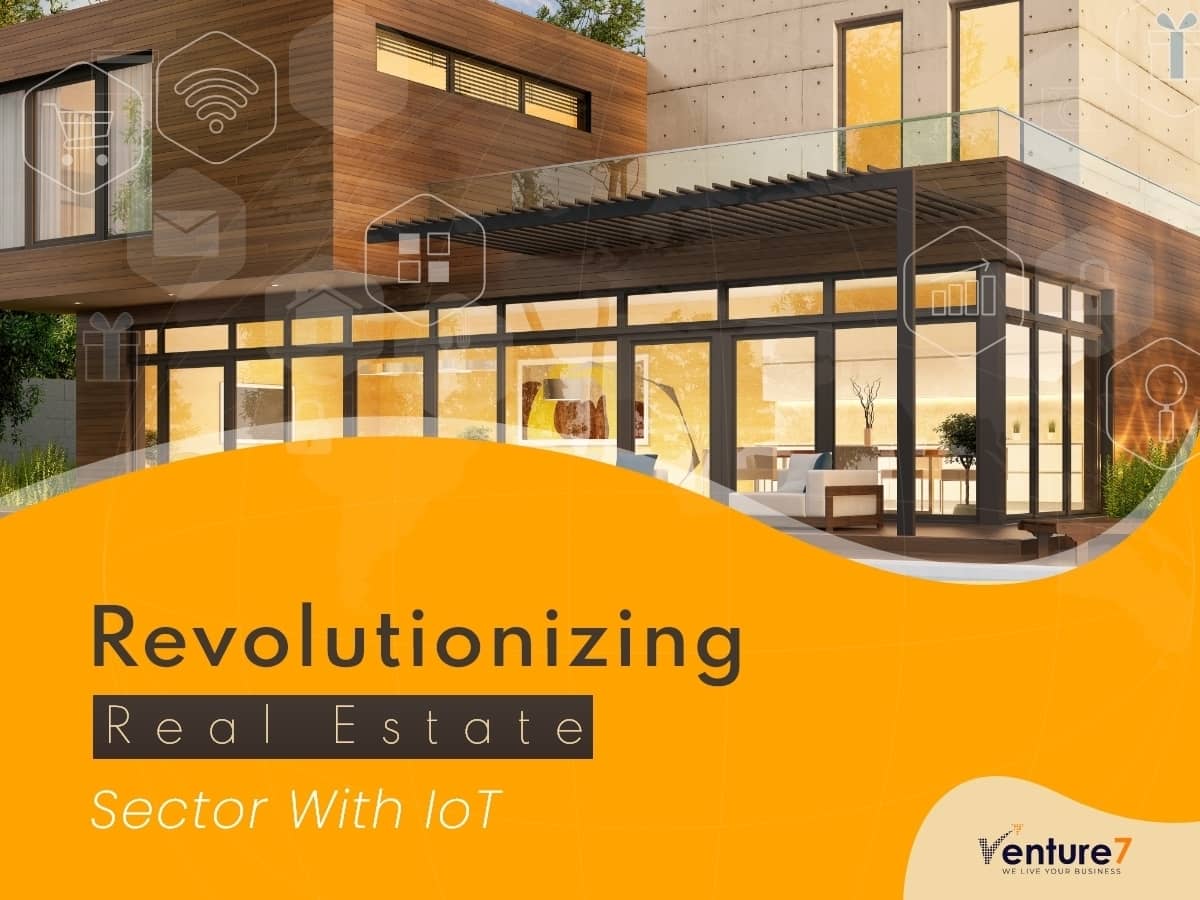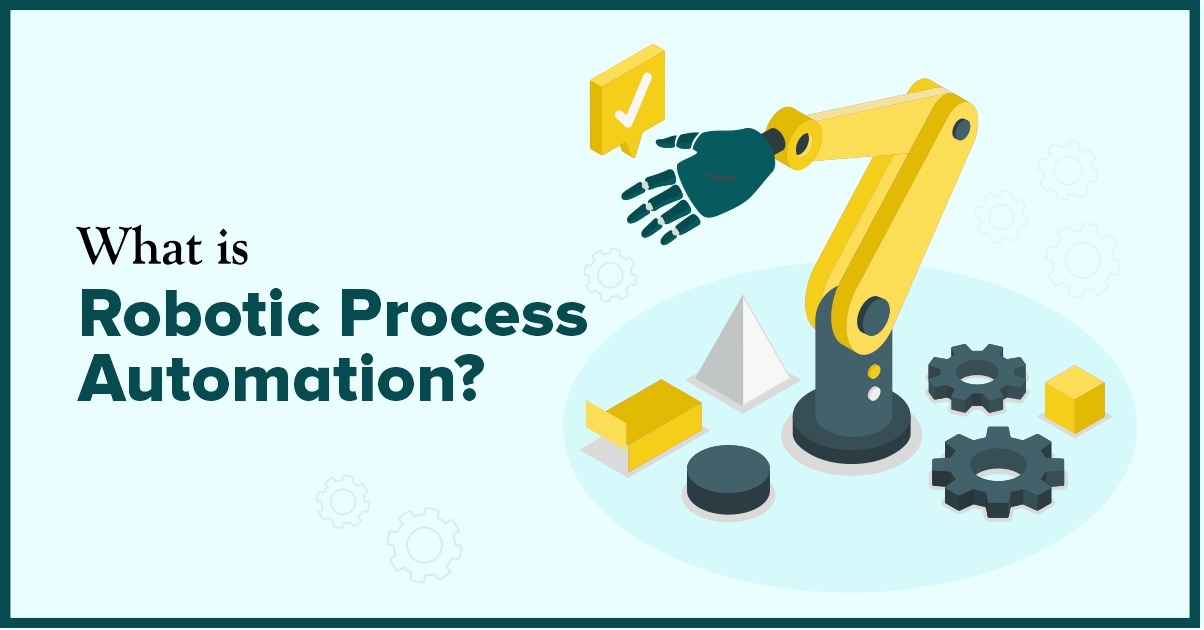Revolutionizing Real Estate Sector With IoT
Disruptive innovations in technologies are majorly contributing to making smart real estate space. This industry is finding new ways to provide smart solutions in order to control various systems at homes and offices. It is rapidly embracing technologies such as the Internet of Things (IoT) to radically change the way things are done in this industry by efficiently meeting the changing demands of customers and driving transactions. The real estate industry aims at creating a connected world for people to live and work in a healthy environment, thereby improving the overall quality of life. IoT has helped this sector in many ways by reducing the costs and enhancing the impact of operations. This technology has enhanced the monitoring of diverse equipment by deploying sensors on machinery that has helped realtors to track the movement of devices in real-time and across various locations. This has enabled the real estate workers to undertake preventive maintenance by sending warnings and alerts to the maintenance workforce to reduce errors and complications as and when they are detected. IoT predictive analytics has enabled homeowners to identify system failures and take appropriate actions to avoid those failures before they occur. This has resulted in enhanced energy efficiencies with the use of real-time energy monitoring sensors and has helped realtors to overcome building maintenance issues. This technology has the ability to detect risks related to infrastructure deterioration with the use of sensors that are embedded in specific areas that help agents to gather information about chances of occurrence of any hazard by analyzing massive amounts of data. Internet of Things has transformed the ways of house hunting as it has the ability to deliver a 360-degree view of the property, enabling virtual tours. It has enabled the real estate agents to provide a personalized buying experience by analyzing the needs and preferences of their clients. It can also predict a maintenance schedule on the basis of energy consumption with the use of sensors that can track any problems and send alerts immediately. Therefore, infrastructure flaws can be resolved readily with the use of advanced tools and technologies integrated into the internet of things. The realtors can easily check the availability of assets and get an understanding of inventory at construction sites with the use of IoT. It enables agents to conduct a comprehensive analysis of the data that is gathered from varied sources which helps them to minimize risk scenarios and investing cautiously in assets. This technology has given the opportunity to buyers to access real-time property listings on their mobile devices on the basis of their current location or the locations they are interested in. They can also access contextual information about a particular property, which includes noise, weather conditions, traffic situations, etc. that enables them to make informed decisions before buying a property. It provides valuable property insights that have enabled real estate agents to enhance their sales by leveraging those insights in their promotional campaigns. The buyers can make more informed decisions with in-depth analytics that help them to understand home evaluations in an efficient manner. Internet of Things (IoT) has significantly impacted the real estate industry in many ways. This technology has enabled realtors to communicate data about diverse attributes of the property with the use of internet connectivity and various types of sensors that can track features such as temperature, light, air pressure, etc. This technology has enabled realtors to predict space demand by analyzing the changing consumption patterns in the commercial real estate area, which, in turn, has helped them to transform their operations as per the changing demands of the customers. It has enabled timely conversations between tenants and owners that have helped in reducing miscommunication and misunderstandings between the two parties. The timely interactions and communication have helped realtors to deliver personalized experiences to their customers and gain the trust that keeps them engaged with the realtors and maintains a healthy buyer-seller relationship. IoT has the ability to sync various aspects of an event that makes the process of follow-ups efficient by minimizing time and costs to a great extent. The marketing process of the real estate industry has become effective with the use of the internet of things and creating social media, newsletters, etc. can be created without the need of investing much time and effort manually. It has enabled realtors to predict demands, track behavioral patterns, analyze consumption, etc. that has helped them to explore new ways and technologies to attract a greater number of customers and retain the existing clients. This technology has the ability to reduce energy use and administrative costs with the use of its inbuilt tools and gathering data through occupancy and motion sensors that have the ability to regulate lighting in real-time and optimize the internal environment as and when needed. With the changing needs and growing complexities of the real estate industry, the realtors are rapidly shifting towards the use of technologies such as the internet of things to simplify the operations of the industry and has enabled the information technology industry to explore innovative ways of making the operations seamless and effective. The IT application processes have been completely transformed with the use of IoT and developing virtual devices, micro cameras, and other advanced tools to create a smart home and take the real estate sector to new heights. It has also enabled realtors to build a structure model at the pre-construction stage by analyzing diverse aspects with the use of advanced tools and technologies. This technology is rapidly gaining momentum in the real estate sector and becoming an integral component of this industry for a number of benefits that it provides to this sector. 









